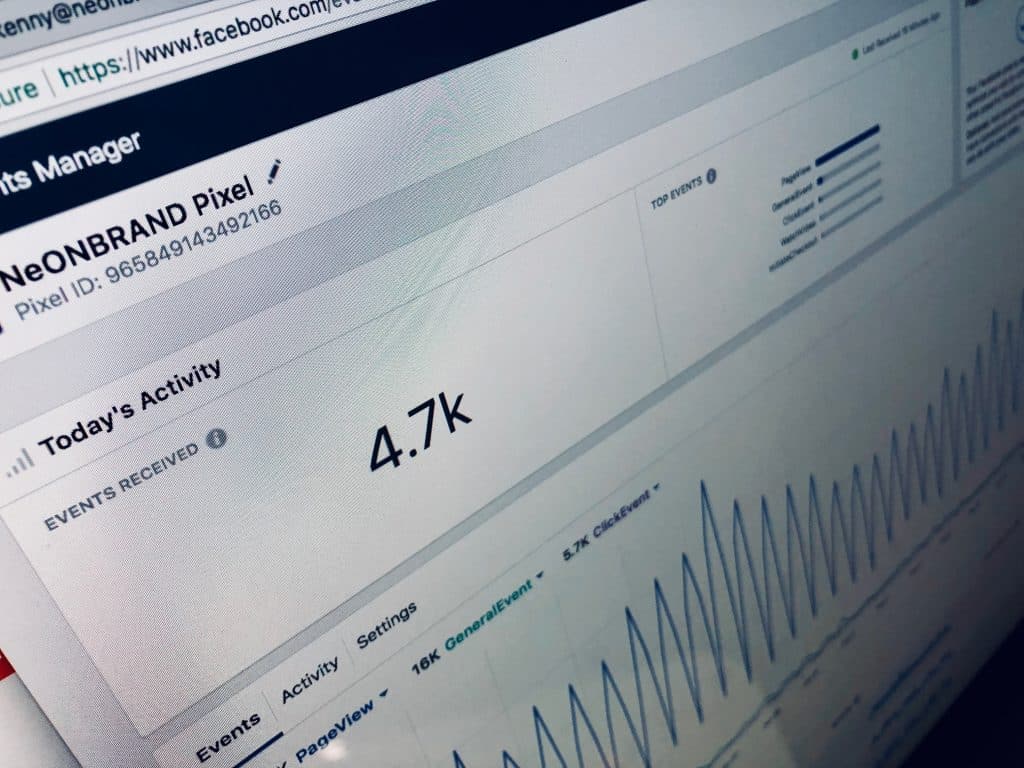Introduction

Mobile applications are a great way to generate huge amounts of traffic. By optimizing your app for search engines and promoting it through social media, you can reach a large number of potential customers who are searching for what you have to offer.
Here are some tips on how to generate huge traffic through your mobile app:
1. Optimize your app for search engines.
Make sure your app is keyword-rich and descriptive so that it will appear higher in search engine results. Include keywords in your app title, description, and keywords section so that potential customers can easily find your app when they search for keywords related to your business.
2. Promote your app through social media.
Use social media platforms like Facebook, Twitter, and LinkedIn to promote your app. Share links to your app, write posts about its features and benefits, and run ads targeting potential customers who are using mobile devices.
3. Make sure your app is high quality.
Make sure your app is well-designed, user-friendly, and free of bugs. Customers are more likely to use and recommend an app that is high quality. If your app is not up to par, you risk losing potential customers and generating negative reviews.

4. Include a call to action.
Include a call to action on your app’s homepage and throughout its pages. Encourage customers to download or purchase your app, sign up for your newsletter, or follow you on social media.
5. Offer something valuable.
Make sure your app offers value to its users. Whether it’s a discount, coupon, or exclusive content, give customers a reason to download and use your app.
By following these tips, you can generate huge amounts of traffic through your mobile app. By optimizing your app for search engines and promoting it through social media, you can reach a large number of potential customers who are searching for what you have to offer.
Advantages of mobile app

There are many advantages of having a mobile app, including:
1. Increased visibility: With a mobile app, you can have a constant presence on your customer’s devices, which increases the likelihood that they will think of your business when they need your products or services.
2. Improved customer engagement: Mobile apps can provide a more engaging and interactive experience for your customers than a traditional website. You can push notifications to them with special offers, coupons, or new product information, and they can easily purchase products or book appointments directly from the app.
3. Greater customer loyalty: By providing a great experience to your customers through your mobile app, you can build loyalty and keep them coming back. You can also offer loyalty rewards or discounts to customers who use your app frequently.
4. Increased sales: A well-designed mobile app can make it easy for your customers to purchase products or book appointments directly from their devices. By providing a convenient and user-friendly way for your customers to shop, you can see a significant increase in sales.
5. Improved customer service: With a mobile app, you can quickly and easily respond to customer questions or concerns. You can also use push notifications to proactively provide customer service, such as informing them of a sale or new product information.

6. Greater brand awareness: A mobile app can help you promote your brand and build awareness of your business. You can include your logo, contact information, and links to your social media pages so that customers can easily find and connect with you.
7. Access to new markets: By developing a mobile app, you can reach new markets that may be untapped by your traditional marketing channels. You can target customers in different geographic locations or who are using different types of devices.
8. Increased customer retention: Mobile apps can help you keep your customers engaged and coming back. By providing a great experience, you can build loyalty and keep them coming back to your app.
9. Cost-effective marketing: Mobile apps can be a cost-effective way to market your business. You can reach a large number of potential customers with a minimal investment.

10. Increased efficiency: Mobile apps can help you save time and improve your efficiency. By automating tasks, such as appointment scheduling or product ordering, you can free up your staff to focus on other areas of your business.
By taking advantage of the many benefits of having a mobile app, you can improve your visibility your your business business.
Disadvantages of mobile app
There are also some disadvantages to having a mobile app, including:
1. Development and maintenance costs: Creating a high-quality mobile app can be expensive, and you will also need to invest in ongoing maintenance and updates.
2. Limited reach: Not everyone has a smartphone or tablet, so you may be limiting your potential customer base by developing a mobile app.
3. Difficult to stand out: With over two million apps available on the App Store and Google Play, it can be difficult to make yours stand out from the crowd.
4. Requires ongoing promotion: In order to be successful, you will need to invest in ongoing promotion and marketing of your app.
5. May not be suitable for all businesses: A mobile app may not be the best solution for every business. If you don’t have the resources to invest in developing and promoting a high-quality app, it may not be worth the effort.
If you’re considering developing a mobile app for your business, it’s important to weigh the pros and cons carefully to decide if it’s the right solution for you.

Conclusion
Overall, there are many benefits of having a mobile app for your business. However, it’s important to consider the costs and effort required to create and promote a high-quality app before making a decision. If you have the resources to invest in developing and promoting an app, it can be a great way to reach new markets and boost sales. However, if you don’t have the resources to invest in an app, it may not be worth the effort.



